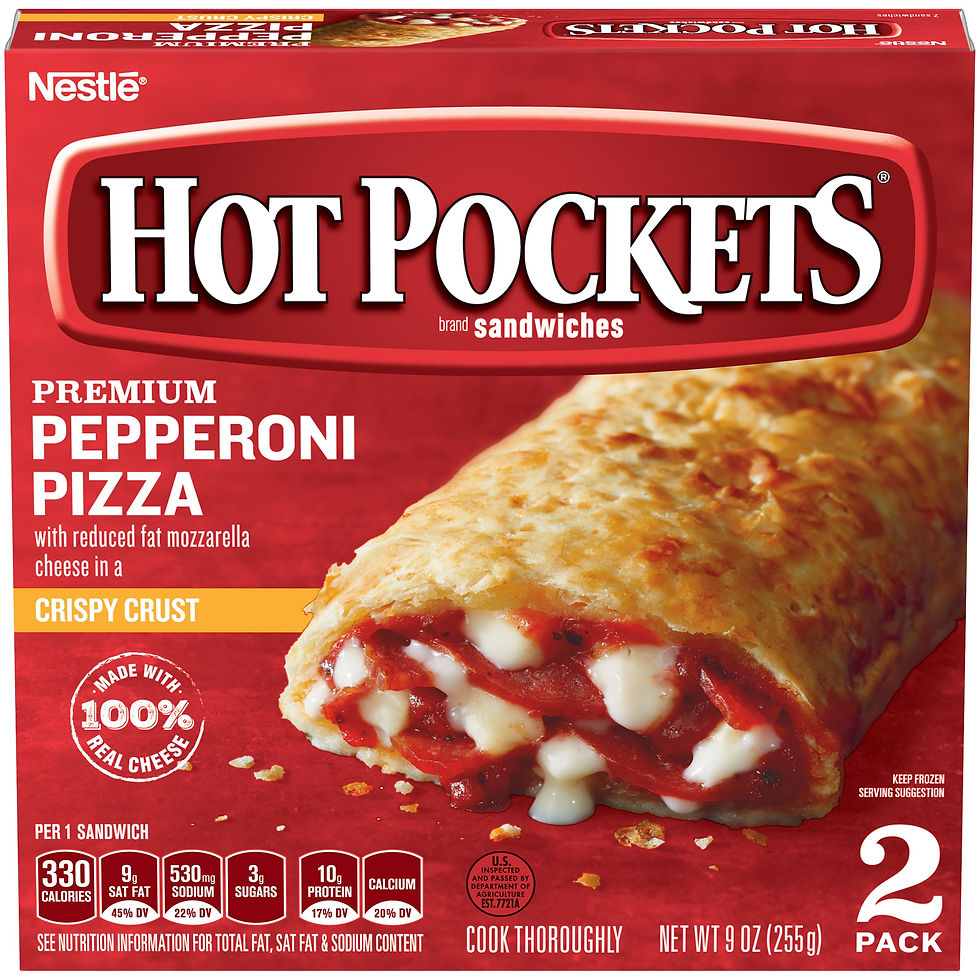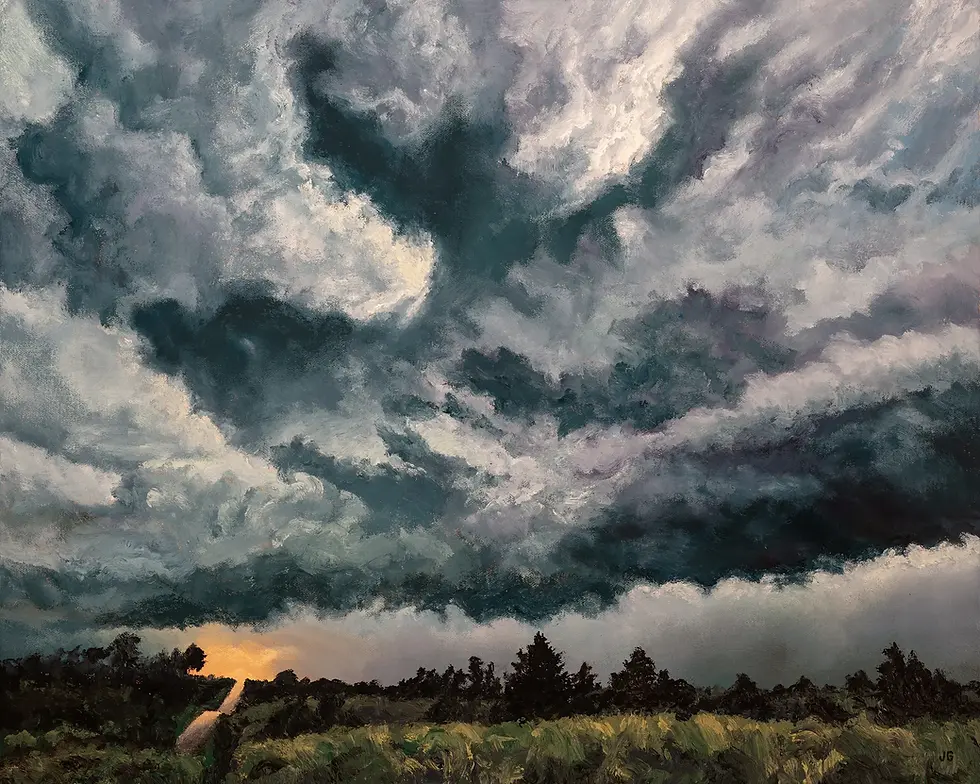"We Can Go Again", short story excerpt
- Colin Fleming

- Jul 27, 2020
- 4 min read
Monday 7/27/20
Walk it.
***
The layer of the past came in the morning when she pulled her knees to her chest, as though she could make them pass inside of her, painlessly, no rib-spreaders required. She’d lain like that when they had conceived the twins, only on her back, not her side, barring her hips from dipping a single degree, negation of the rotational axis. Her husband laughed when he returned to the room with the carton of orange juice from downstairs. OJ for the thirst-slaking. “Somebody’s nice and al fresco,” he said, smirking. “We can go again.”
Her eyes were the spell-breakers on these mornings. Part a single lash from lower lid, and the past ended for the day, but this was the time she allowed it to have, and that time was important.
She tried hard in her in-between space to think of them, go where they were. Boys and men she had loved, not loved, lied to about loving, or just been wrong. How they had felt, smelled, tasted. Ran scenarios in her head. “What ifs.” If I could be with so and so today, for just the afternoon, no one’s the wiser, it wouldn’t even really be him, a simulacrum, would I? Or if she’d been presented with a reel showing every last time they were with someone not her, ought she to watch? Or just watch the first time after her? Did her husband shift into one of them in the night, was it happening right now, the simulacrum, if only she opened her eyes?
But all ceased upon that first unveiling of pupil and iris. Where was she driving the kids today? Where weren’t they driving them? was more like it. A Saturday, grander complications than a Tuesday. Healthy kids could mean you’d struggle to keep up. She’d turn her own body into a form of walking cancer, a creature she figured looked like a human-sized dust mite, if her children wouldn’t be healthy otherwise. They’d probably become scared of her. What do kids know about what you do for them and why? They don’t even know how you casually cite their ignorance in your thoughts. As a matter of course. Likely they’d find it wounding. Until they didn’t.
After their mother had died, when she was the age of her own girls now, her brother said, “dad still has condoms.” He’d say anything. Was his personality. But once their mother was gone, he’d say even more. It was how he reached for outcrops so as not to go over ledges, the prospective beating of gravity, though gravity was going to take that damn palm every last time. Just as she’d later keep her hips from dipping a single degree, before going again, which could mean much. And her brother went rooting. Some people in this life are born rooters. Death makes them root harder. They’re trying to find. You can say to them, “What are you trying to find?” and they don’t know. But there has to be something. So they root.
They used to watch horror films together, her brother and their mother, when she was well, all was well. They’d joke that if some creepy crawly of the night snatched one of them away, they’d come back. Render themselves known to the other. “She promised she’d fuck me up,” he said. He meant it as a compliment. A promise being honored. A promise not said in years that went away when sickness first came. But when she was gone, he remembered, and said old words again. They were agonal, racking, like a strain of rubato putting the heart out of rhythm, though they were getting played all the same, or else you’d need a whole new name for life. Extracellular space. The enchanted nodes of Ranvier. God’s fist to your gut. Best not to be with child.
She’d find her father’s spent condoms in her brother’s trash. He filched them from the dresser in their parents’ bedroom, which was just their dad’s room now. Only used them with himself. The boy wasn’t weightlifting in there. “I’m getting rid of the stash,” her brother would say, perhaps adding, ‘I’m helping him, removing reminders,” as if it were all part of the service.
No one told her to empty the waste baskets, to generally tidy the house, change bed sheets that wouldn’t have been changed very often. She touched what her brother left. She didn’t feel close to him anymore. But that wasn’t his fault. That wasn’t anyone’s fault. She didn’t feel close to her father. Her friends. They had all been there for her. And their mothers. Their mothers had been there. They might have even been friends, too, despite the age gaps of decades, but that didn’t matter now, and it was confusing anyway.
She only felt close with the past, with spent things, for a time, back in that time. The liquid on her fingertips reminded her of contact lenses, or the amniotic fluid of fish, if there were such a thing, their eggs and their eyeballs. What had come out of her brother seemed convex, warm at the bottom of the waste basket, saline droplets in a clear sleeve, then her palm, peaceful, their energy discharged, and her fingertips. Or maybe they were tears, and she’d touch her fingers to the skin under her eyes, rub until the hollows weren’t wet anymore, and no one said anything about how her face did or did not look, like when she cried the normal way.





Comments